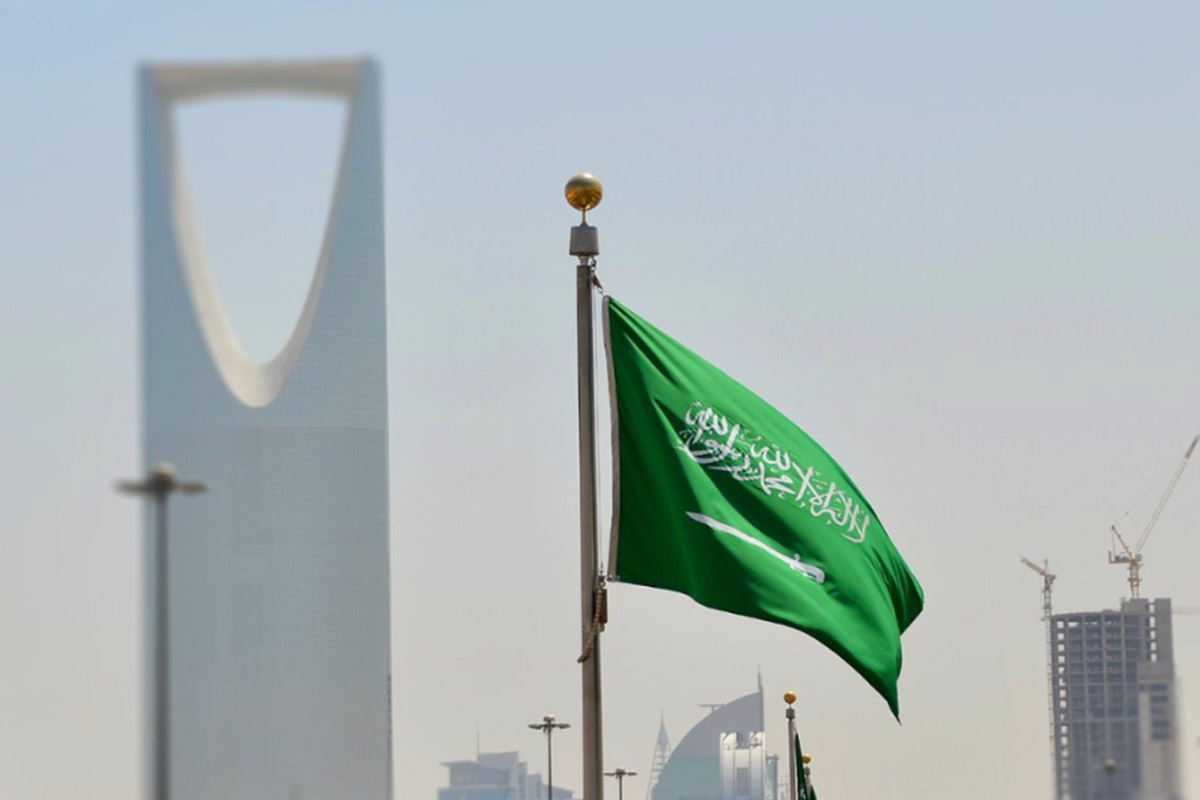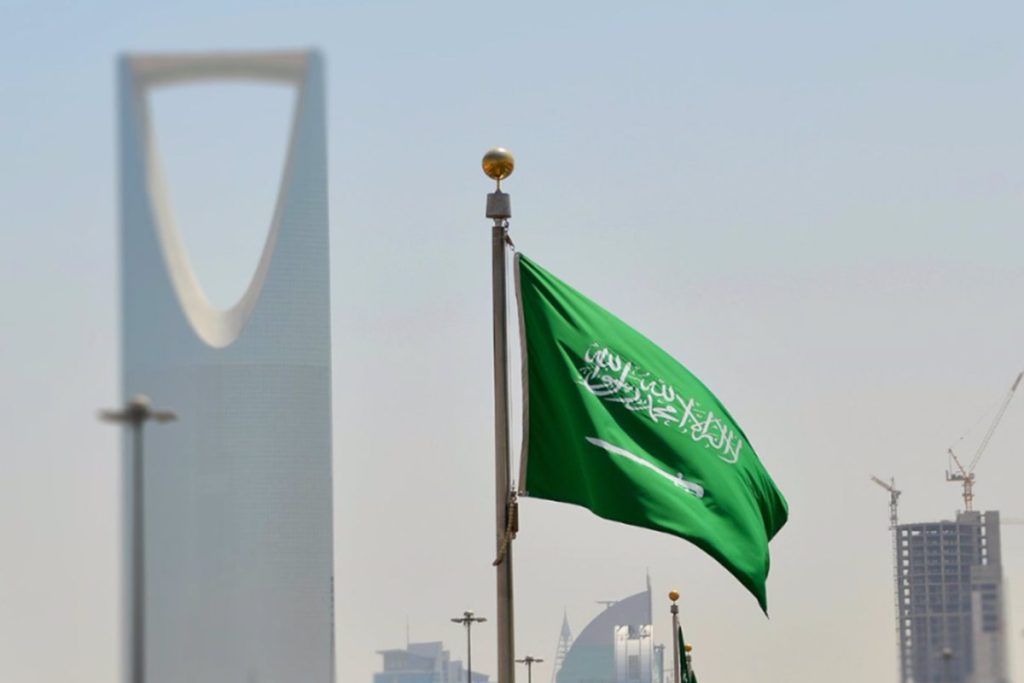+973 3373 3381
Phone Number
setupinsaudiarabia@gmail.com
Email Address
Mon - Thu: 8:00 - 5:00
Working Hours
Phone Number
Email Address
Working Hours
March 12, 2025

Saudi Arabia has become one of the top expat destinations in the Middle East, thanks to strong economic growth, career opportunities, high salaries, and an improving quality of life. Whether you are moving to Riyadh, Jeddah, or Dammam, this guide will provide a comprehensive roadmap for expats settling in the Kingdom.
1. Why Move to Saudi Arabia?
2. Understanding Saudi Arabia’s Culture & Lifestyle
3. Best Cities to Live in for Expats
4. Cost of Living in Saudi Arabia (Rent, Food, Transportation, & More)
5. How to Find Housing & Accommodation
6. Work & Job Market for Expats
7. Visa & Residency Process for Expats
8. Banking & Finances in Saudi Arabia
9. Healthcare & Insurance for Expats
10. Education & Schools for Expat Families
11. Social Life & Entertainment for Expats
12. Public Transport & Driving in Saudi Arabia
13. Safety, Laws & Local Regulations for Expats
14. Cultural Etiquette & Social Norms
15. Pros & Cons of Living in Saudi Arabia
16. How to Adapt to Saudi Life & Expat Community Tips
17. Frequently Asked Questions (FAQs)
We are committed to providing exceptional service and ensuring your long-term success in Saudi Arabia. Our team of experts will guide you through every step of the process, from initial consultation to post-incorporation support.
Saudi Arabia has one of the largest expat populations in the world, with over 13 million foreign workers and professionals. The country offers:
✅ High salaries & tax-free income → No personal income tax!
✅ Booming job market → Demand in IT, engineering, healthcare, and finance.
✅ Luxury lifestyle & modern amenities → Saudi cities are ultra-modern.
✅ Expat-friendly communities → Gated compounds & cultural diversity.
✅ Strong investment & business opportunities → Saudi Arabia is an economic powerhouse.
✅ Low cost of living compared to Western countries → Housing & food costs are affordable.
📌 Key Insight: If you’re an expat looking for career growth, financial stability, and high-quality living, Saudi Arabia is a top destination.
Saudi Arabia is a culturally rich country that blends Islamic traditions with modern progress.
🔹 Religion & Daily Life: Islam plays a significant role; prayer times affect business hours.
🔹 Hospitality: Saudis are friendly and welcoming to expats.
🔹 Gender Roles: Women have gained more rights, including driving & working in various industries.
🔹 Weekends: The workweek runs Sunday to Thursday; weekends are Friday & Saturday.
🔹 Dress Code: While traditional attire is common, expats can wear modest Western clothing.
📌 Key Insight: Respecting Saudi customs & traditions will help expats integrate smoothly into life in the Kingdom.
Expats in Saudi Arabia mainly reside in three major cities, each offering a unique lifestyle.
✅ Best for: High-paying corporate jobs & business professionals.
✅ Lifestyle: Fast-paced, modern skyscrapers, and luxury malls.
✅ Cost of Living: Mid to high (Luxury options available).
✅ Best for: Expat families, entrepreneurs, and creative industries.
✅ Lifestyle: Laid-back, beaches, Red Sea diving, arts & culture.
✅ Cost of Living: Mid-range (More affordable than Riyadh).
✅ Best for: Oil & gas professionals, engineering, and logistics.
✅ Lifestyle: Less crowded, cost-effective, and business-friendly.
✅ Cost of Living: Low (Best value for housing).


| Expense | Average Cost (SAR) | USD Equivalent |
|---|---|---|
| 1-Bedroom Apartment (City Center) | 3,000 – 6,000 SAR | $800 – $1,600 |
| Monthly Groceries (For 1 Person) | 800 – 1,500 SAR | $213 – $400 |
| Utilities (Electricity, Water, Internet) | 400 – 800 SAR | $107 – $213 |
| Dining Out (Meal for Two in a Mid-Range Restaurant) | 150 – 300 SAR | $40 – $80 |
| Private School Fees (Per Year) | 20,000 – 60,000 SAR | $5,300 – $16,000 |
📌 Key Insight: Expats earn high salaries and enjoy tax-free income, making the cost of living affordable compared to Europe & the US.
Most expats live in gated communities (compounds), offering:
✅ Western-style housing with modern amenities.
✅ Pools, gyms, restaurants & social spaces.
✅ Security & privacy for expats and their families.
🔹 Bayut.sa (Real estate listings).
🔹 Expat.com (Housing & community recommendations).
🔹 PropertyFinder.sa (Luxury apartments & villas).
📌 Key Insight: Expats on corporate contracts often get company-sponsored housing in compounds, saving major expenses.
Saudi Arabia actively hires expats in industries like:
✅ Engineering & Construction (Oil, gas, smart cities).
✅ Technology & AI (IT, cybersecurity, fintech).
✅ Healthcare (Doctors, nurses, medical specialists).
✅ Finance & Banking (Investment banking, fintech).
📌 Key Insight: Riyadh & Jeddah offer the highest-paying jobs for foreign professionals.
One of the most important aspects of moving to Saudi Arabia as an expat is understanding the visa and residency requirements. The Saudi government has streamlined the process to attract skilled professionals, investors, and entrepreneurs, making it easier for expats to legally reside and work in the Kingdom.
| Visa Type | Who is it for? | Validity |
|---|---|---|
| Work Visa (Iqama) | Expats with employment contracts | 1-2 years, renewable |
| Investor Visa | Business owners & entrepreneurs | Renewable long-term |
| Family Visa | Spouses & children of expats | 1-year, renewable |
| Tourist Visa | Visitors for short stays | 30-90 days |
| Premium Residency (Saudi Green Card) | High-net-worth individuals & investors | 5-10 years |
📌 Key Insight: Most expats enter Saudi Arabia on a Work Visa (Iqama), sponsored by their employer or business entity.
📌 Key Insight: Without an Iqama, expats cannot open a bank account, rent housing, or register for healthcare.
Expats can sponsor family members under a Family Visa (Dependent Iqama).
✅ Eligible Dependents:
📌 Key Insight: Family visas do not allow dependents to work, but they can apply for a separate work permit if they find employment.
Saudi Arabia now offers a long-term investor residency program for high-net-worth expats & entrepreneurs.
✅ Benefits of the Saudi Green Card:
📌 Key Insight: The Premium Residency program is ideal for expat investors who plan to live long-term in Saudi Arabia.
Saudi Arabia has a modern, well-regulated banking system, making it easy for expats to manage their finances.
| Bank | Best For | Features |
|---|---|---|
| Al Rajhi Bank | Islamic Banking | High ATM coverage & digital banking |
| Saudi National Bank (SNB) | Expats & salary accounts | Easy account opening |
| Riyad Bank | Investment Banking | Strong wealth management services |
| Arab National Bank (ANB) | Digital Banking | Advanced online & mobile banking |
📌 Key Insight: Most employers require employees to open a local Saudi bank account to receive salaries.
✅ Step 1: Obtain your Iqama (Residence Permit).
✅ Step 2: Provide your passport, proof of employment, and a salary certificate.
✅ Step 3: Submit an address proof (rental agreement or company letter).
✅ Step 4: Sign up for internet banking & mobile banking services.
📌 Key Insight: Some banks offer multi-currency accounts, making it easier to send money abroad.
Saudi Arabia provides world-class healthcare to expats through public and private hospitals.
| Healthcare Type | Who Can Use It? | Cost |
|---|---|---|
| Public Hospitals (Government) | Saudi citizens & some expats | Low cost |
| Private Hospitals | Expats & premium patients | Higher quality, faster service |
📌 Key Insight: Most expats prefer private hospitals, as they offer English-speaking staff & shorter wait times.
✅ Employers are required by law to provide health insurance for expat employees.
✅ Expats can choose private health insurance plans for extra coverage (dental, maternity, vision care, etc.).
📌 Key Insight: Bupa Arabia, Medgulf, and Tawuniya are the most popular expat insurance providers.
Saudi Arabia relies heavily on cars, but public transport is expanding.
✅ Taxis & Ride-Sharing: Uber & Careem are widely used.
✅ Public Buses: Available in major cities but limited routes.
✅ Riyadh Metro (Coming Soon): Set to revolutionize city transport.
📌 Key Insight: Most expats own or rent a car since public transport is still developing.
✅ If you have an international driving license → You can convert it into a Saudi license.
✅ If you don’t have a license → You must take a driving test in Saudi Arabia.
📌 Key Insight: Women can now legally drive in Saudi Arabia, increasing transport freedom for expat families.
Expats should respect Saudi customs, including:
✅ Dress modestly in public.
✅ Avoid public displays of affection.
✅ Respect Islamic prayer times & public holidays.
✅ Do not criticize the government or religion on social media.
📌 Key Insight: Following local customs ensures a smooth and enjoyable expat experience.
✔ High salaries & tax-free income.
✔ Luxurious lifestyle & modern infrastructure.
✔ Strong job market for skilled professionals.
✔ Safe & family-friendly environment.
❌ Extreme summer heat.
❌ Cultural & legal restrictions (e.g., alcohol bans).
❌ Limited public entertainment (compared to the West).
Saudi Arabia is an amazing destination for expats seeking career growth, tax-free salaries, and a high-quality lifestyle. With booming job opportunities, luxury amenities, and an expat-friendly environment, the Kingdom continues to attract top talent from around the world.
📞 Need Help Moving to Saudi Arabia?
💡 Contact Us Today! for expert expat relocation advice!
Do not hesitate to contact us. We’re a team of experts ready to talk to you.